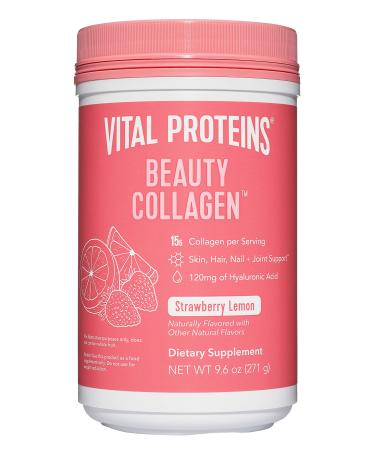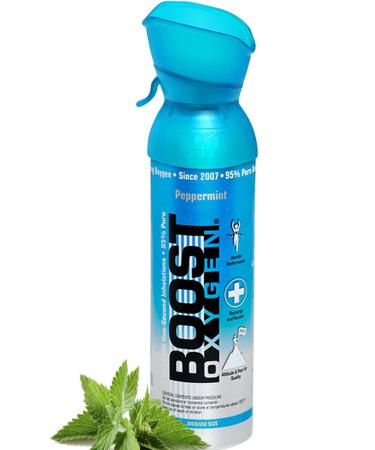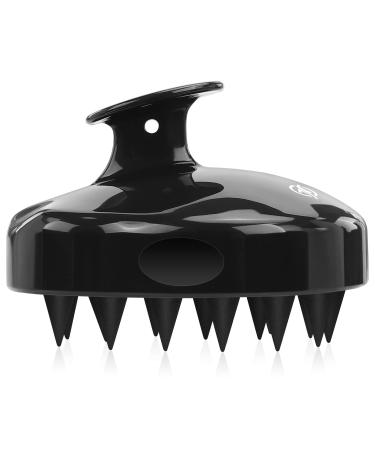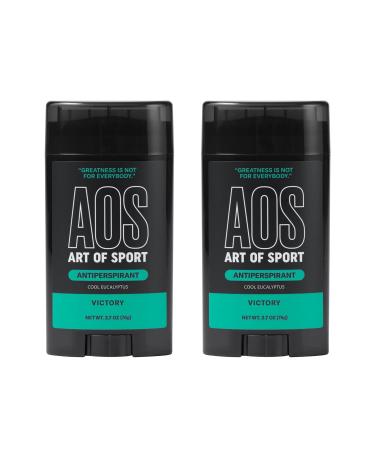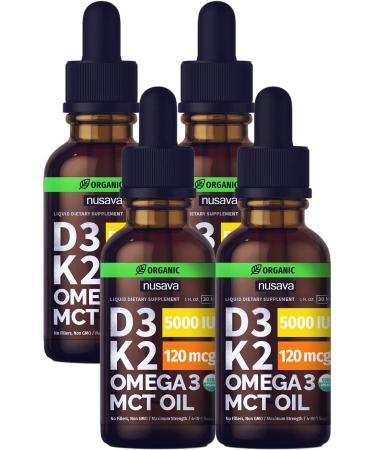You need to provide plenty of room for your Degus to eat, sleep and run around. Ideally Degus should be kept in pairs or groups and you must make sure that there is room for all of them. They need to be kept indoors and careful thought must be given to where the cage will be.The temperature in the room should be constant, away from direct sunlight and draughts, and out of reach of any other pets. Degus are extremely sensitive to high temperatures and can develop heat stroke easily due to their inability to sweat. For this reason, you should always make sure your degu cage is in a room at room temperature (18-22ºC)- it's a good idea to keep a thermometer by the cage. In hot weather, move the cage into a cooler room and make sure the cage is NEVER in direct sunlight. Degus need good, secure, roomy housing. They can be kept in a wire cage. A large rat or a chinchilla cage with the mesh floors taken out, or covered, is ideal, but avoid plastic bases as these can be chewed through remarkably quickly. In the wild, Degus sleep in burrows. A nest box is an artificial replication of a burrow environment, and your Degus will quickly learn to nest and sleep in a comfy nest box. Degus claws are quite sharp, so it's worth having a piece of stone in the cage for them to rub them down on. You can also get stone parrot perches that are designed to keep claws worn down and these also work quite well. A good cage will be two tiered and have at least two compartments – one for the day and one to nest and hide in at night. Don't forget that if you have more than one Degu you will need a bigger cage. Remember that a cage can NEVER be too big – buy or make the largest cage you can manage. Degus enjoy a dust bath to keep their coats clean. You can buy chinchilla bathing sand and give your degus a large ceramic bowl with an inch or two of it in the bottom for a short period every day. The dust bath shouldn't be left in the cage for too long or they will use it as a toilet. Cages should be cleaned out on a regular basis. This is especially important in warmer weather in order to prevent flies being attracted to the cage.
Every day: Remove all stale food and check water bottle.
Once a week: Check for dirty bedding and remove.
Every 3 months: Remove all bedding. Thoroughly sweep out all the soiled bedding. Rinse with warm water and mild detergent and wait until dry. Spray inside of cage with safe cleaning product and wait until dry. Replace with clean bedding (check for signs of mould etc. on bedding and discard if necessary)








![Stewart Freeze Dried Dog Treats Made in USA [Single Ingredient Puppy and Dog Training Treats - Grain Free Natural Dog Treats] Resealable Tub to Preserve Freshness](https://www.gosupps.com/media/catalog/product/cache/25/small_image/375x450/9df78eab33525d08d6e5fb8d27136e95/6/1/61gwbbixarl._ac_sl1500_.jpg)

